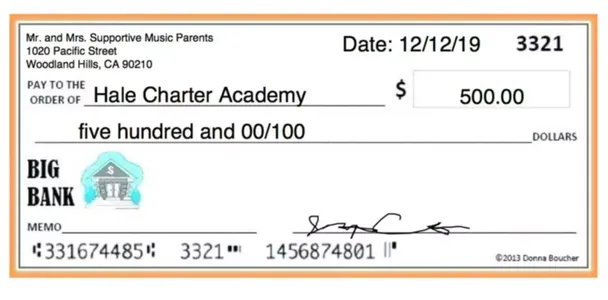Definition
The definition of outstanding checks is checks written by us and sent to the payee. If the payee has not deposited the check, it will not be reflected in our bank account and stay outstanding. It is considered to be outstanding for the period of time between when it is written and recorded in the books and the time when the check clears your bank account.
There might be a few different reasons why you might have a check that is outstanding:
- The payee simply has not yet deposited the check for personal reasons.
- The payee might forget or even lose the check received from you.
- Sometimes, checks do not reach the payee and get lost in the mail or returned if the address is incorrect.
Why do they matter?
There are several reasons why management would want to track every payment they made and catch any outstanding checks. We are going to list them below.
- If uncleared checks accumulate in the company’s bookkeeping records, the management might have a wrong idea about cash available for spending. It might spend the money that has yet to be withdrawn and make wrong management decisions.
- Your relationships with the payee might be damaged if there are not enough funds in your bank account when the payee actually makes a deposit and the check bounces.
- If adjustments to accounting records are not made, the income, expenses, and accounts payable account balances will be incorrect. Thus, the business will be breaking the law and regulations about truthful and correct accounting records.
Dealing with outstanding checks
So, your company has written numerous checks for different services and products. At the end of the month, when your bookkeeper checks your accounting records against the bank statement, some discrepancies might be caught. Aside from errors, you will notice that there are at least one or two items that are in your register that haven’t yet shown up on your bank.
To account for these discrepancies in your accounting records, you would need to make adjusting entries to make sure that your cash register and bank statement balance. Besides that, you should contact the individual or organization you have written the check to if less than six months have passed and keep a detailed record of your communication in case issue arise later on.
If the check has been lost or more than six months have passed, you should request a stop payment from your bank. This will prevent the payee from cashing or depositing the original check if agree to write another check instead of the lost or damaged one. The old check will also not be mistakenly deposited by the bank.



















